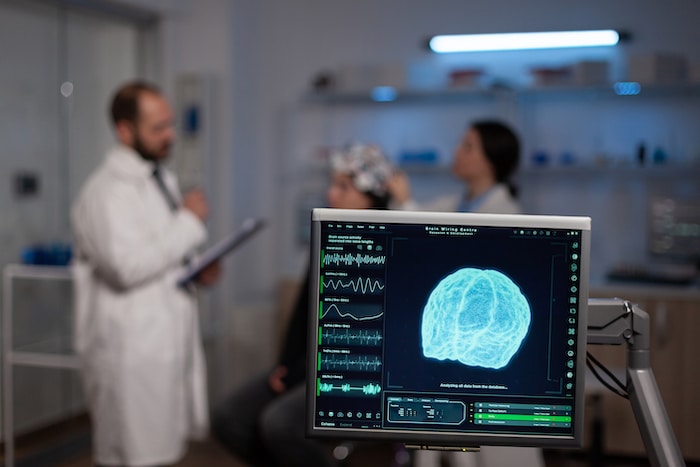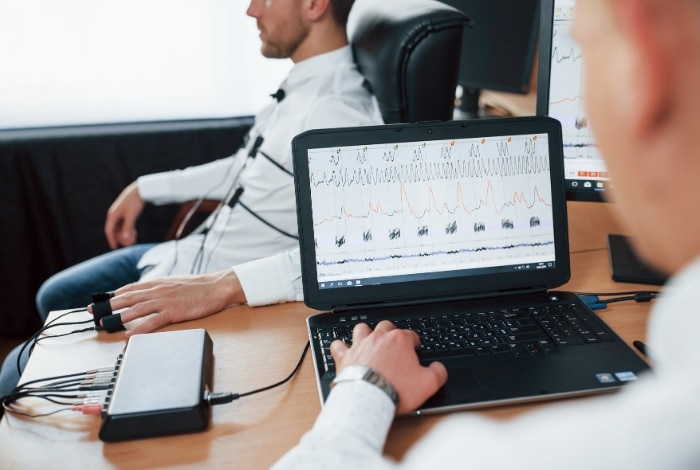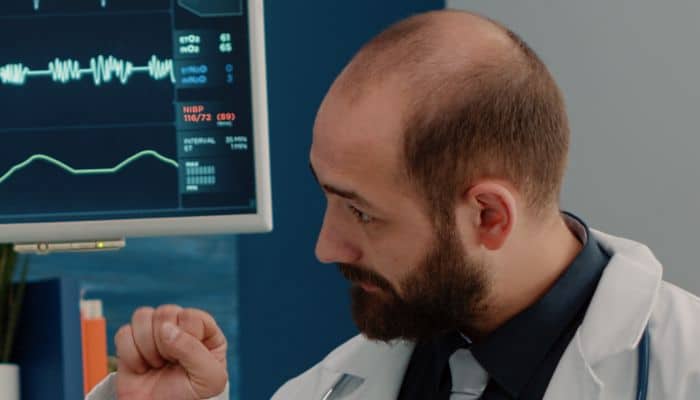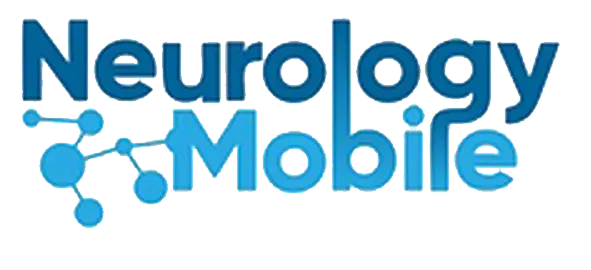4 min read
Understanding Neurological Diagnostic Tests: Everything You Need to Know

When it comes to navigating the complex world of neurological health, understanding the right steps to take can feel like deciphering a mystery. Are you curious about what goes into diagnosing neurological conditions? You’re in the right place. Today, we’re diving deep into the realm of Neurological Diagnostic Tests to uncover the essential information you need.
What Are Neurological Diagnostic Tests?
Neurological diagnostic tests are a series of procedures used by healthcare professionals to identify and diagnose neurological disorders. These disorders can range from migraines and epilepsy to more severe conditions like Parkinson’s disease and multiple sclerosis. But what makes these tests so crucial in the medical field?
Why Are These Tests Conducted?
Imagine your brain as a highly complex computer system, with nerves as the wiring that sends information to different parts of the body. Just like a computer technician uses tools to diagnose issues with your computer, doctors use neurological tests to understand what’s happening inside your brain and nervous system. These tests help them see the unseen, ensuring accurate diagnoses and the right treatments.

How Are Neurological Disorders Diagnosed?
Electroencephalogram (EEG)
Have you ever wondered how doctors can listen to what’s happening inside your brain? An EEG is like the stethoscope for your brain’s electrical activity. It’s fascinating how this test can capture the electrical signals your brain cells use to communicate, providing crucial insights into conditions like epilepsy.
Magnetic Resonance Imaging (MRI)
An MRI is like a camera that can see through you, but instead of taking a regular photo, it captures detailed images of your brain and spinal cord. These images are incredibly useful for spotting abnormalities that could be signs of neurological disorders.
Computed Tomography (CT) Scan
Think of a CT scan as a super X-ray that takes pictures of your brain from different angles, providing a more complete picture than a standard X-ray. This test is particularly helpful in emergencies to quickly assess injuries or bleeding in the brain.
Lumbar Puncture (Spinal Tap)
While the idea of a spinal tap might sound scary, it’s a critical test for diagnosing conditions like meningitis. By collecting a small sample of cerebrospinal fluid—the fluid surrounding your brain and spinal cord—doctors can look for infections, bleeding, or other abnormalities.
What Happens After These Tests?
After undergoing these tests, your doctor will have a clearer picture of what’s happening inside your nervous system. With this information, they can tailor a treatment plan specifically for you, targeting the root cause of your symptoms. It’s like having a map that guides them to the exact location of the problem, ensuring you receive the most effective care possible.

Are These Tests Safe?
You might be wondering about the safety of these tests. The good news is that they are generally safe, with minimal risks involved. For example, an MRI is painless and doesn’t expose you to radiation, while a CT scan involves minimal radiation exposure. Your healthcare team will always ensure that the benefits of any test outweigh any potential risks.
Conclusion: The Path to Understanding Your Neurological Health
By now, you’ve taken a journey through the fascinating world of neurological diagnostic tests. These tests are the keys to unlocking the mysteries of the brain and nervous system, providing essential insights that lead to accurate diagnoses and effective treatments. Remember, understanding your neurological health is the first step towards maintaining it. So, if you or someone you know is experiencing symptoms that could indicate a neurological disorder, don’t hesitate to consult with a healthcare professional. Your brain is the command center of your body, and taking care of it is crucial for your overall well-being.
Stay tuned for our next article, where we’ll explore the latest advancements in neurological diagnostic technology. You won’t want to miss it!
